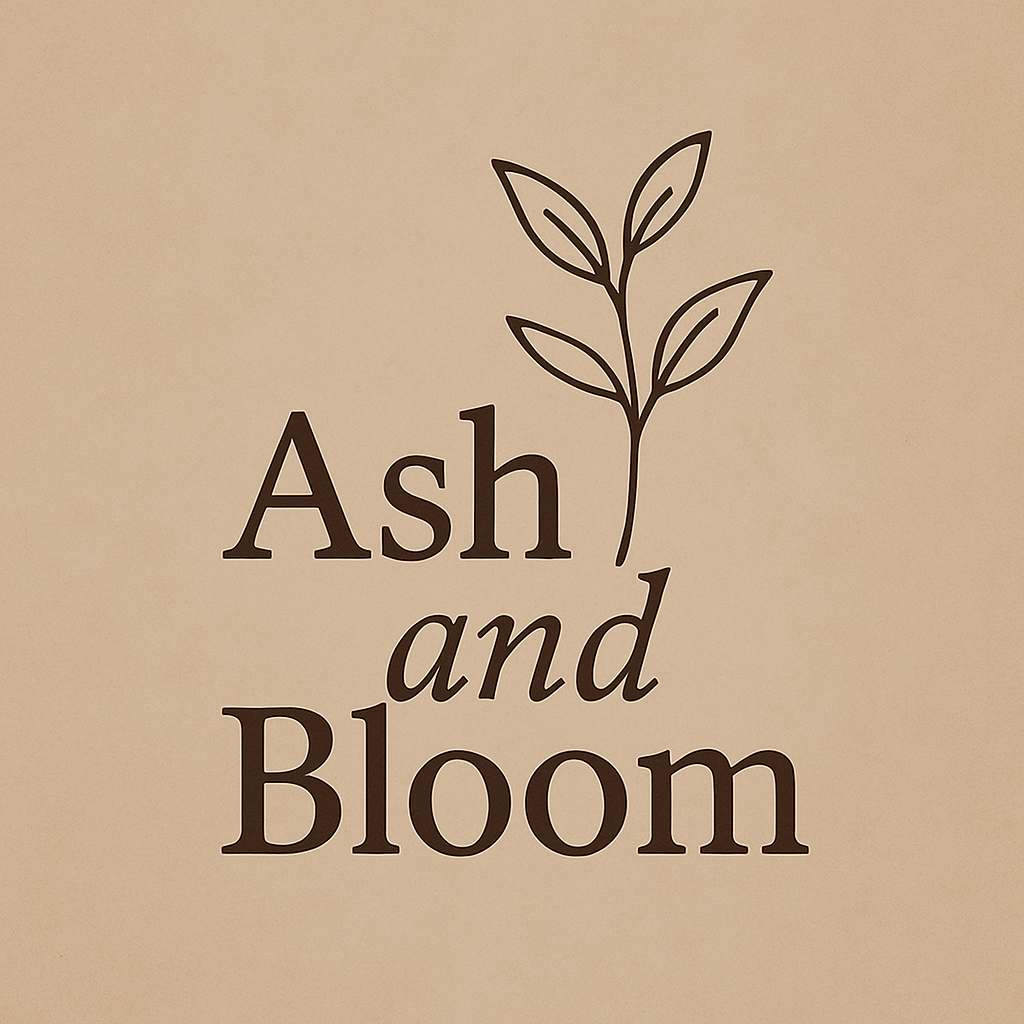“The Slow Grace of Letting Go”
by Emily | Ash and Bloom
“Your children are not your children. They are the sons and daughters of Life’s longing for itself…”
— Kahlil Gibran
These words from Gibran settle in me like a whispered prayer and a long, exhaling sigh. A benediction. A reckoning.
It is humbling—this reminder that our children are not ours to mold, program, or possess. They are not clay for our shaping, nor the unfinished dreams we hand down like heirlooms. They are, as he says, arrows—drawn back and released into a future we cannot see, guided by a hand greater than our own.
We are only the bow.
But being the bow brings struggle. Some days, I want to hold tighter than I should. I want to protect in a way that edges into control. I want to make their paths straight by moving the stones for them, rather than teaching them to walk wisely—and how to move the stones for themselves.
But that was never the intention.
We were entrusted with lives. Not blueprints. We were given the sacred task of loving and guiding—not scripting, not perfecting. Of protecting enough to nurture safety, but releasing enough to invite strength.
We walk an impossibly thin line—between too much and not enough, between holding close and letting go.
And goodness, it is daunting.
It’s not all heartwarming moments. Parenthood is sometimes frustrating, slow, and tender in ways that bruise. It’s standing at the edge of a million tiny choices and wondering if we’re doing it all wrong… or sometimes knowing we are.
It’s watching your child fumble with buttons for ten long minutes when you could have done it in thirty seconds flat—but choosing patience over speed, because struggle is the soil where growth takes root. Even when it is agonizing to watch.
It’s biting your tongue and scanning the room for the new roll of paper towels before your toddler spills her “big girl cup” of juice (that she is insisting on pouring herself) on the counter—again—not because you don’t care, but because you care enough to let her learn.
It’s standing quietly beside them as they navigate hurtful friendships, so they can discover their own strength and foster trust within themselves.
It’s resisting the urge to fix and smooth and preempt—and instead letting them fall and figure it out, with you steady nearby.
All the while, you are learning that by allowing them to fail—and giving them the grace to try again—you are nurturing the growth.
And still, that fear creeps in: Am I messing them up?
But maybe the wondering is the proof. Because honest love always asks, always examines, always aches to get it right.
And the very fact that we worry—Am I doing right by them?—is proof that we care enough to try. And try again. But better.
If we love them deeply, and guide them gently, and release them (mostly) willingly, we have done something holy. We’ve honored the design.
So I will bend, not without trembling, but with trust— Trust in the Archer. Trust in the aim. Trust that love, when offered freely, flies true.
The truth is I was never meant to hold them back.
I was meant to hold them well—
with hands steady enough to release,
and love strong enough to let them go.
So they may write the pages of their own story.
And one day, long after my voice has quieted,
I hope they still hear me in the rustle of the trees—
in the stillness before a big decision,
in the softness of a well-earned rest.
Not as a tether to hold them back,
but as a whisper that reminds them:
You were never alone.
You were carried, you were known,
and when it was time—
you were set free.
With open hands,
Emily
Ash and Bloom

